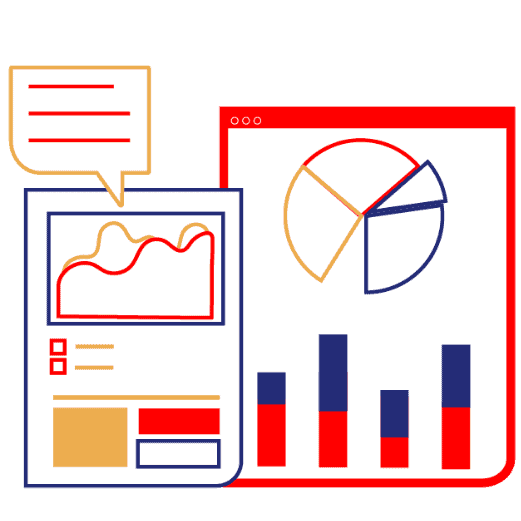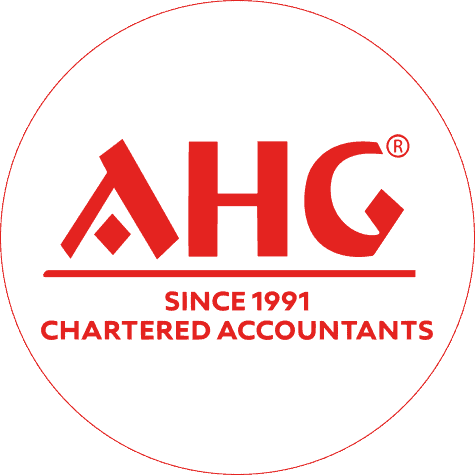
FEASIBILITY STUDIES
FEASIBILITY STUDIES

What are the feasibility studies?
Feasibility studies are detailed analysis that takes into account all the decisive aspects of the proposed project to determine the possibility of its success.
Business success can be defined mainly through the return on investment, which means that the project will make sufficient profit to justify the investment.
However, many other important factors can be identified on the positive or missing side, such as society’s reaction and environmental impact
Feasibility studies can help project managers determine risks and return to follow up on the business plan.
What benefits of feasibility studies?
Many benefits come from feasibility studies, including:
- Distinguish the pros and cons of project implementation before investing a large amount of time and capital in it.
- Providing the company’s management team with important information that may prevent them from entering into a risky commercial project.
- Helping companies to determine how they grow. And learn more about how they work, potential obstacles, competitors, and the market.
- Feasibility studies also help persuade investors and businessmen that investing in a specific project or work is a wise option.
What is the main goal of the feasibility study?
The feasibility study is designed to help decision-makers specify:
- Whether the proposed project or investment is successful or not.
- It determines both known costs and expected benefits.
- In business, the word “successful” means that the financial return exceeds the cost.
- In a non-profit institution, success can be measured in other ways. The project benefit may be for the community that serves it is worth the cost.
How to conduct a feasibility study?
The exact form of feasibility studies depends on the type of organization that requires it. However, the same factors will be included even if their weighting is different.
Feasibility study components?
The feasibility study report consists of the following elements:
- Executive summary
- Description of the product or service
- Technology considerations
- Product or service market
- Marketing strategy
- Organization or employment
- Schedule
- Financial expectations
- Results and recommendations
The main part of the feasibility report is the executive summary.
This section introduces the right stakeholders and decision-makers for your project. It also provides the resources to support the legitimacy of your feasibility.
Once the processing of the initial elements is completed, the real work begins. Components commonly found in a feasibility study include:
- Executive Summary: Formulate a narrative that describes the details of the project, product, service, plan, or work.
- Technological considerations: Ask what it takes. Do you have it? If not, can you get it? What will it cost?
- Current Market: Examine the local and broader markets of the product, service, plan, or, business.
- Marketing strategy: describe it in detail.
- Required Employment: What are the human capital needs for this project? Draw an organizational chart.
- Timeline: Include important temporary markers for the project’s completion date.
- Project financing.
- Findings and recommendations: Divided into subgroups of technology, marketing, organization, and finance.
You can find more information about feasibility studies here
Feasibility studies help project managers determine the feasibility of a project or business project by identifying factors that can lead to its success. The study also shows the potential return on investment and any risks to the success of the project.
The feasibility study contains a detailed analysis of what is required to complete the proposed project. The report may include a description of the new product or project, market analysis, technology, and labor needed, as well as sources of funding and capital. The report will also include financial projections, the probability of success, and, ultimately, the decision to implement or not to execute.
AHG is one of the most experienced companies in preparing a legitimate feasibility study in any investment market in the Middle East and North Africa, by assessing the economic feasibility of the proposed project.
We can also answer the most unwanted questions: “Is the idea logical economically?” We will provide a comprehensive analysis of the opportunity of work, including a look at all possible obstacles that may stand in the way of the success of your cooperative.
The result of the feasibility study will indicate whether or not the proposed project will proceed.
If the results of the feasibility study are positive, the cooperative can start developing an action plan.
If the results show that the project is not a proper work idea, the project should not be followed up.
